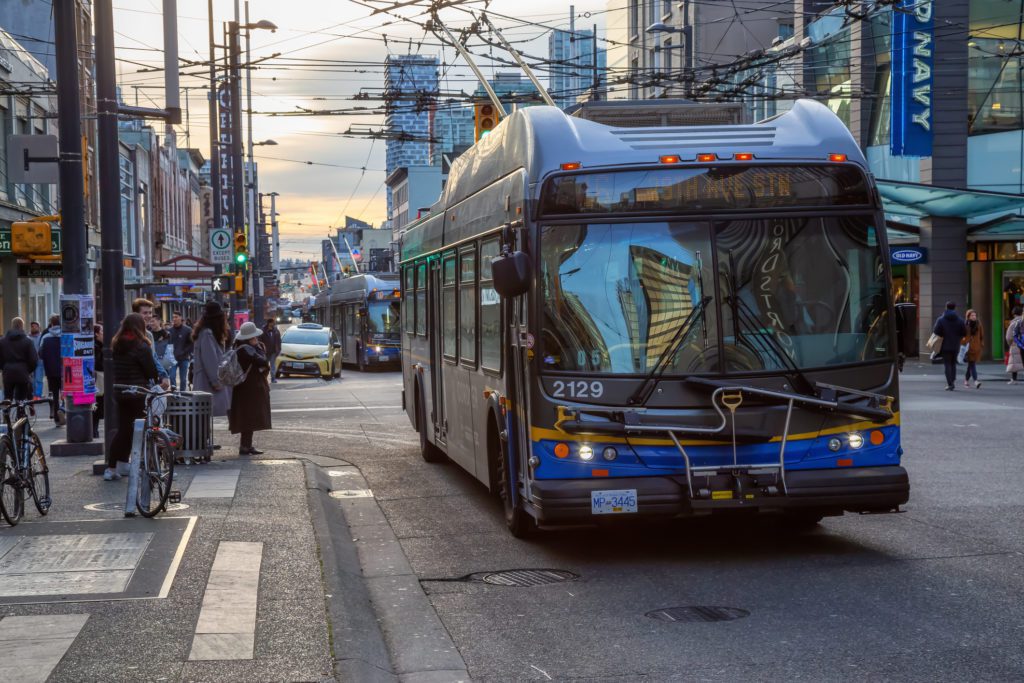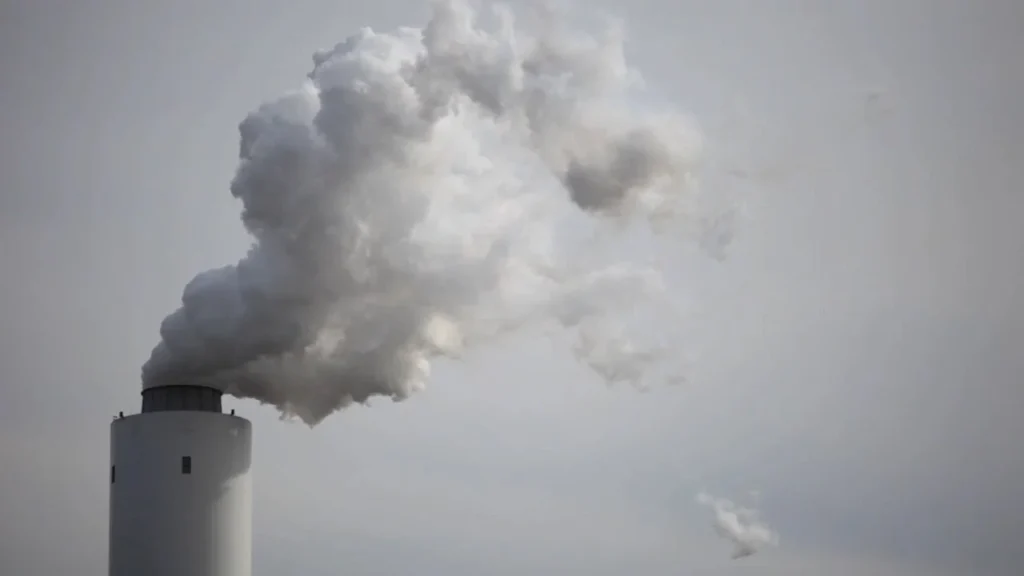Statement from Julie Segal, Senior Manger Climate Finance, Environmental Defence Canada
Baku, Azerbaijan — COP29 concluded with an inadequate offer on climate finance from wealthy countries: a stingy pledge which abdicates the obligations of major historical emitters. The decision was unfairly steamrolled through opposition from the most vulnerable countries. The result is that countries in the Global South have not been granted the necessary funds to adapt to climate disasters or to effectively reduce their own greenhouse gas emissions.
The most vulnerable countries were cheated by both the process and result of this deal. We all know that a dollar today does not go as far as it used to. When you account for inflation, the new target of $300 billion barely exceeds the previous global commitment that was set in 2009. By contrast, each year countries provide subsidies to oil and gas companies that exceed $1.3-trillion, and the companies collect trillions in profits. These funds could be redirected towards financing climate action globally.
Countries committed to a principle of fairness when they signed the Paris Agreement in 2015, acknowledging that those who have profited for decades from oil, gas and coal had a responsibility to deliver funds to the countries least responsible, yet most impacted by climate change.
Moving to COP30, countries like Canada must deliver finance that actually meets what is needed. The next round of national climate plans under the Paris Agreement are due in February. By providing insufficient financing under this commitment, developed countries have hampered the ability of the Global South to fully fund emissions reductions, and to compensate they must achieve even greater levels of climate progress themselves.
Background information:
- Vulnerable regions say that a $1.3-trillion commitment is needed every year to cut emissions and adapt to climate damages, and have called for $600-billion annually in guaranteed public funding.
- In 2023 at COP28, countries agreed to “transition away from fossil fuels” and scale up renewable energy and energy efficiency. This was an important milestone recognizing that oil, gas, and coal are the biggest cause of climate change.
- At the UN climate negotiations COP29 this year, countries prioritized defining a new pledge on international climate finance. It took place in Baku, Azerbaijan, from November 11 to 22, in a context of mounting climate-disasters and a fossil fuel driven affordability crisis. Environmental Defence’s COP29 media backgrounder provides further analysis about COP29.
ABOUT ENVIRONMENTAL DEFENCE (environmentaldefence.ca): Environmental Defence is a leading Canadian environmental advocacy organization that works with government, industry and individuals to defend clean water, a safe climate and healthy communities.
– 30 –
For more information or to request an interview, please contact:
Alex Ross, Environmental Defence, media@environmentaldefence.ca






